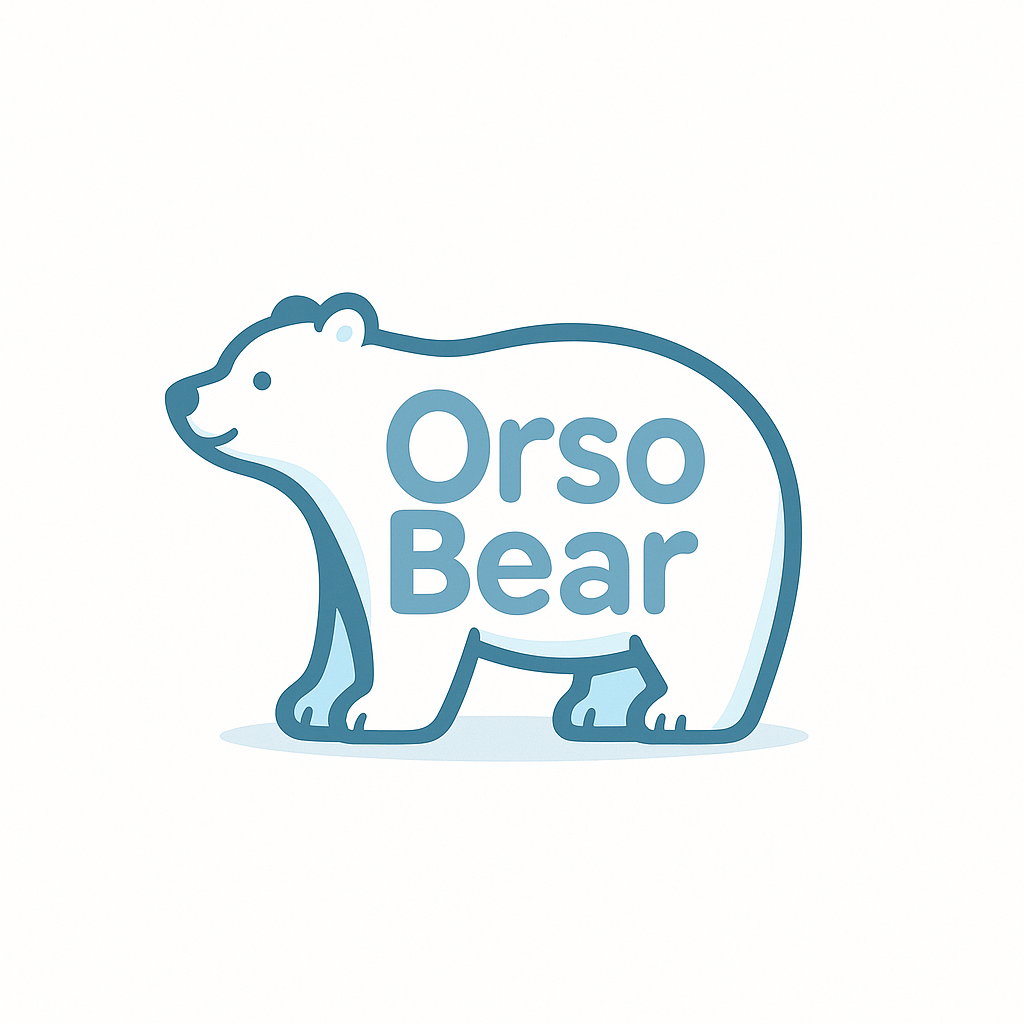An Introduction to Generative AI Tools for Small Businesses
In a world where artificial intelligence (AI) is no longer just a futuristic concept, but a reality, small businesses are finding innovative ways to leverage AI to stay competitive. A particular area of interest is generative AI, a subset of AI that autonomously creates content from scratch, like images, sound, and text. Imagine a tool that can design logos, write blog posts, or compose music – all without human involvement. That’s the power of generative AI. As a small business owner, adopting these tools can give your business a significant edge in today’s competitive marketplace.
In this article, we’ll explore some of the most promising generative AI tools and their practical applications for small businesses. We’ll delve into real-life examples and case studies, and we’ll look to the future to see what trends are emerging in this exciting field.
The Power of Generative AI Tools
Generative AI tools leverage advanced algorithms and machine learning techniques to produce unique, creative content. These tools can save small businesses considerable time and resources by automating tasks traditionally performed by human designers, writers, or composers.
For instance, logo design platforms like Looka and Hatchful use generative AI to create professional logos based on user input. Other tools like Jukin Media’s Lumen use AI to generate custom video content for marketing purposes. For businesses lacking in-house creative talent, these tools can be game-changers.
Practical Applications of Generative AI for Small Businesses
Content Creation
Generative AI tools like OpenAI’s GPT-3 can write persuasive copy, engaging blog posts, and even technical content. For instance, marketing automation platform Persado uses AI to generate personalized marketing messages that reportedly increase conversions by up to 68.4%. Small businesses can leverage such tools to automate their content creation process, freeing up time for other strategic tasks.
Design and Branding
Generative AI can also help with design tasks. Tools like Runway ML offer AI-generated graphics and animations, while platforms like Canva use AI to suggest design layouts based on user preferences. Moreover, AI-powered logo generators can help startups establish their brand identity without hiring a professional designer.
Case Study: Generative AI in Action
One compelling example of generative AI in small businesses is that of Tuki, a travel agency. Tuki leverages AI to create personalized travel guides. Users input their preferences and interests, and the AI crafts a unique itinerary tailored to their tastes. By using AI, Tuki can offer a personalized service at scale, something that would be challenging to achieve manually.
The Future of Generative AI for Small Businesses
As AI technology continues to evolve, we can expect to see more advanced and diverse applications of generative AI in small businesses. For instance, AI tools that can generate realistic human voices could revolutionize customer service by enabling fully automated, yet personable, customer interactions.
Moreover, as AI becomes more accessible and affordable, it’s likely that more small businesses will adopt these tools, making them a standard part of the small business toolkit.
Conclusion: Key Takeaways
Generative AI tools offer a wealth of opportunities for small businesses. They can automate and enhance content creation, design, and customer service processes, saving time and resources. However, it’s important for businesses to carefully consider their needs and resources before adopting these tools.
As we’ve seen, generative AI can help small businesses compete in a digital world. By staying informed about these technologies and their potential applications, small businesses can position themselves at the leading edge of their industries. The future of small business may well be written by AI – make sure your business is part of the story.




